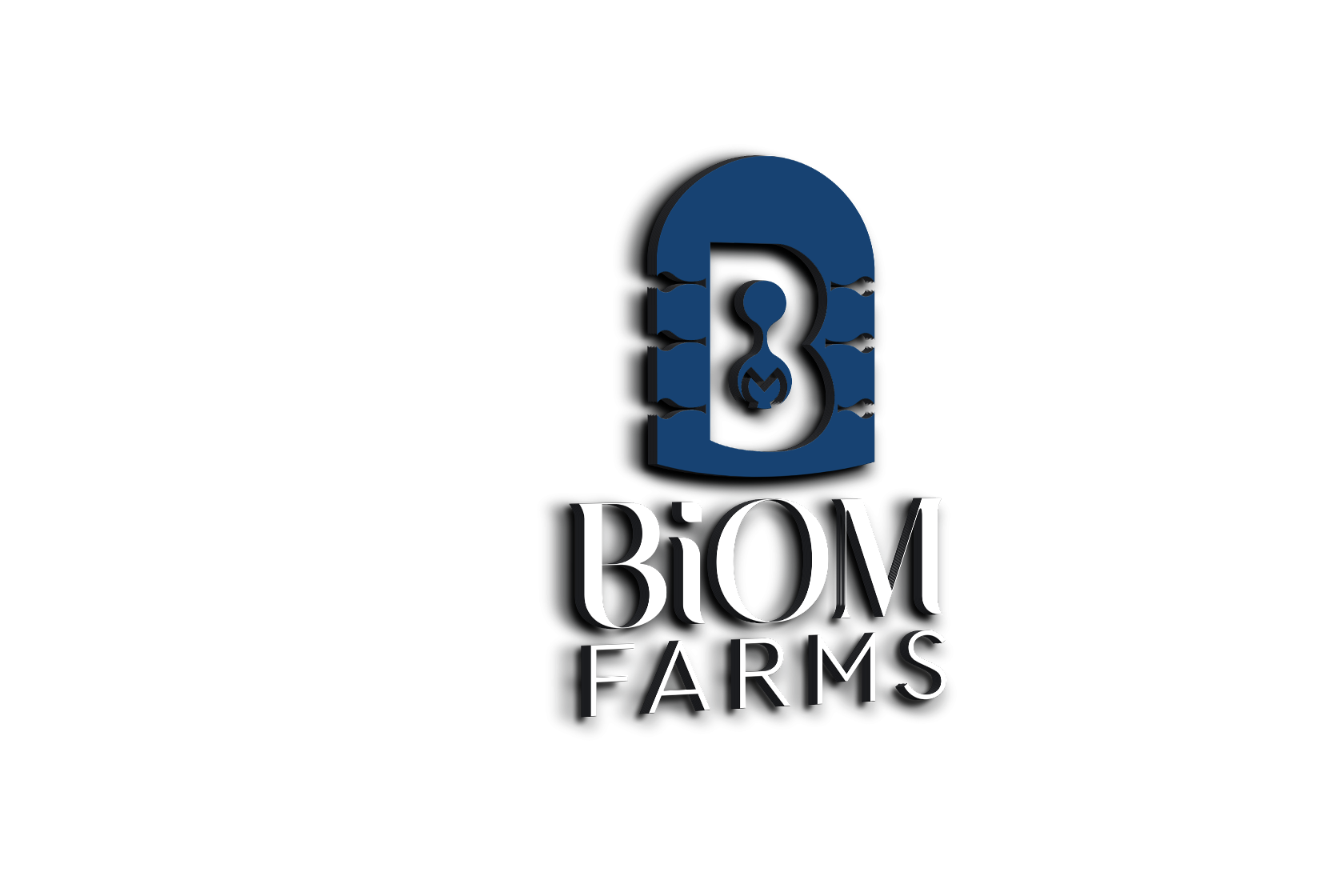1. The Rise of Cell-Based Meat Technology
Cell-based meat, also known as lab-grown or cultured meat, represents a revolutionary approach to meat production. It involves growing real meat from animal cells in a bioreactor, replicating the natural process of muscle tissue formation without the need for raising and slaughtering animals. This technological advancement not only addresses ethical concerns related to animal welfare but also promises substantial environmental benefits.
2. Environmental and Sustainability Benefits
Traditional livestock farming is resource-intensive, contributing to deforestation, water scarcity, and greenhouse gas emissions. In contrast, cell-based meat production requires significantly fewer resources. Studies indicate that it could reduce greenhouse gas emissions by up to 90% and land use by up to 95% compared to conventional meat production methods. By minimizing environmental impact, cell-based meat technology supports global sustainability goals and reduces pressure on natural ecosystems.
3. Health and Nutritional Considerations
From a health perspective, cell-based meat offers several advantages. It can be produced without antibiotics, hormones, or the risk of zoonotic diseases associated with livestock. Furthermore, cell-based meat products can be tailored to contain lower levels of saturated fat and cholesterol, addressing public health concerns linked to excessive meat consumption.
4. Technological Advancements and Challenges
Advancements in biotechnology, tissue engineering, and bioreactor design have accelerated the development of cell-based meat. However, scaling production to meet commercial demand and reducing production costs remain significant challenges. Companies like Upside Foods are actively investing in research and development to overcome these hurdles and bring cell-based meat products to market efficiently.
5. Consumer Acceptance and Market Potential
Consumer acceptance plays a crucial role in the success of cell-based meat technology. Surveys indicate a growing willingness among consumers to try sustainable protein alternatives, driven by concerns over animal welfare, environmental impact, and personal health. As awareness increases and regulatory frameworks evolve, the market potential for cell-based meat is poised to expand, creating new opportunities for innovation and investment in the food industry.
6. Ethical Considerations and Animal Welfare
Cell-based meat technology offers a promising solution to improve animal welfare by eliminating the need for large-scale animal farming and slaughter. It aligns with ethical considerations of reducing animal suffering while meeting global protein demand sustainably. By providing a humane alternative to traditional meat production, cell-based meat addresses ethical concerns and promotes more compassionate food choices.
7. Future Prospects and Global Impact
Looking ahead, cell-based meat has the potential to revolutionize global food systems, contributing to food security, environmental sustainability, and public health. Continued research, regulatory support, and consumer education will be essential in realizing the full potential of this transformative technology. As stakeholders collaborate to overcome challenges and scale production, cell-based meat could become a viable and mainstream protein source in the years to come.
Conclusion
In conclusion, cell-based meat technology represents a groundbreaking innovation in sustainable food production. By leveraging science and technology to produce meat sustainably and ethically, we can address the challenges of feeding a growing population while preserving our planet’s resources. As we embrace these advancements, we move closer to creating a resilient and sustainable food future for generations to come.
Call to Action
Join the movement towards sustainable food choices and explore the potential of cell-based meat technology. Learn more about its benefits, support research and development efforts, and advocate for policies that promote innovation in food production. Together, we can shape a future where food is produced responsibly, ethically, and sustainably.



